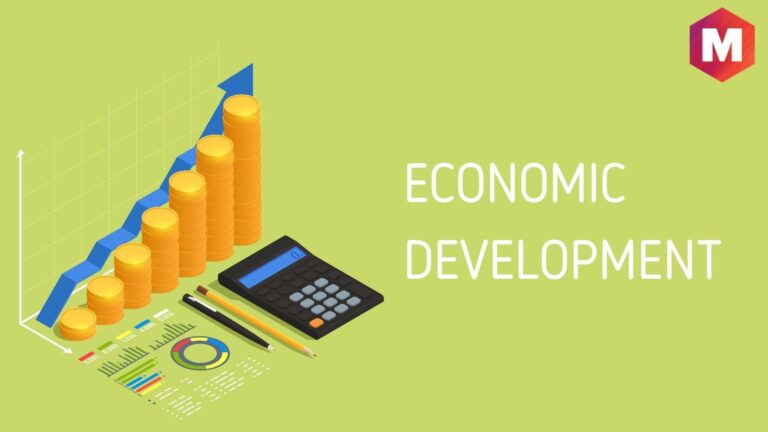Introduction
In recent years, Croatia has made significant strides in economic development, with a focus on enhancing gender equality. This intersection of economic progress and gender rights is crucial for sustainable development. Understanding these dynamics is essential for addressing the challenges that still remain.
The State of Gender Equality in Croatia
Despite considerable improvements, women in Croatia continue to face barriers in various sectors, including employment and leadership roles. As highlighted by the Borgen Project, many women struggle to find equal opportunities in the labor market. This disparity has implications for broader economic growth and societal welfare.
Women in the Workforce
Women’s participation in the workforce is a key indicator of gender equality in Croatia; it has increased over the past decades but still lags behind men. Women often find themselves in lower-paying jobs and have limited access to higher-level positions. Creating policies that encourage female employment is essential for boosting economic development.
Government Initiatives and Policies
The Croatian government has implemented various initiatives to promote gender equality; these include legislative frameworks aimed at protecting women’s rights. Programs focused on education and entrepreneurship have also been introduced to empower women economically. However, effective implementation remains a challenge.
Challenges to Gender Equality
Social norms and cultural perceptions continue to pose challenges; traditional attitudes often dictate women’s roles within society. This cultural backdrop can hinder women’s advancement in various sectors, including politics and business. Addressing these deeply entrenched beliefs is vital for fostering an environment where gender equality can thrive.
The Role of Education
Education plays a crucial role in achieving gender equality; increased access to education for girls has been linked to better economic outcomes. Women who are educated are more likely to participate in the workforce and contribute to economic development. Investing in women’s education is therefore an investment in the country’s future.
Conclusion
the relationship between economic development and gender equality in Croatia is undeniable. As the country continues to progress, integrating gender equality into economic policies will be essential for achieving lasting change. For more detailed insights on the state of gender equality in Croatia, visit this comprehensive article.

